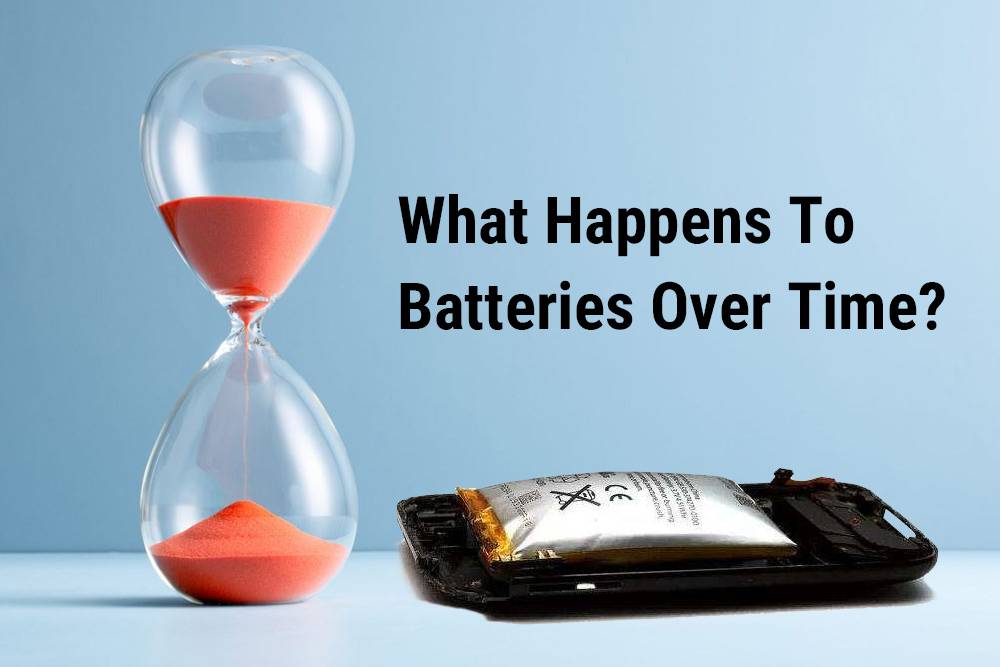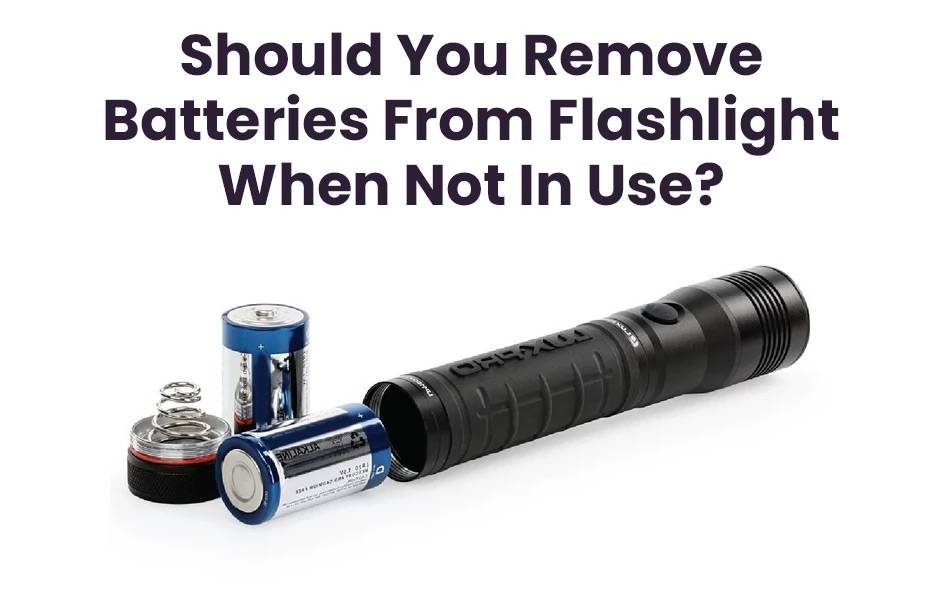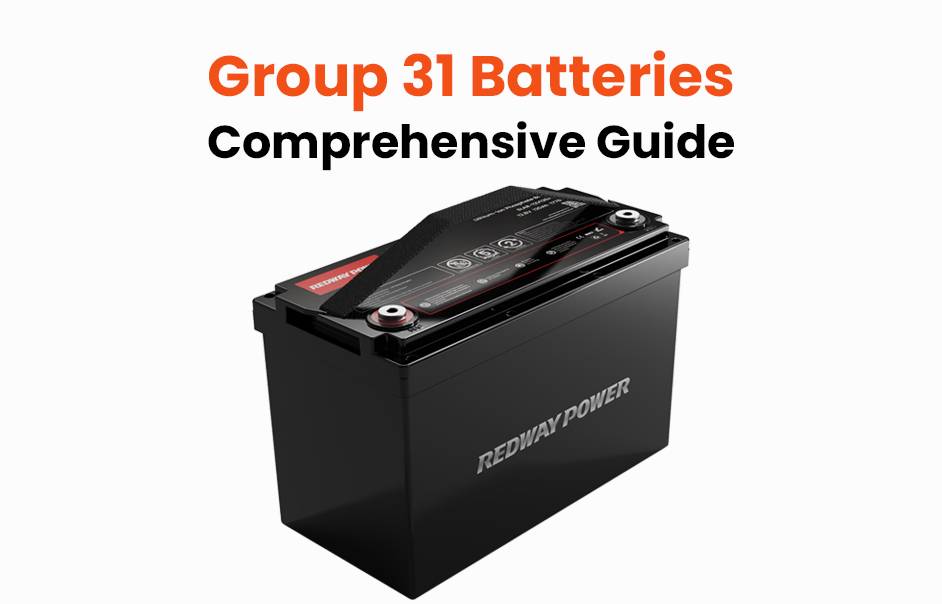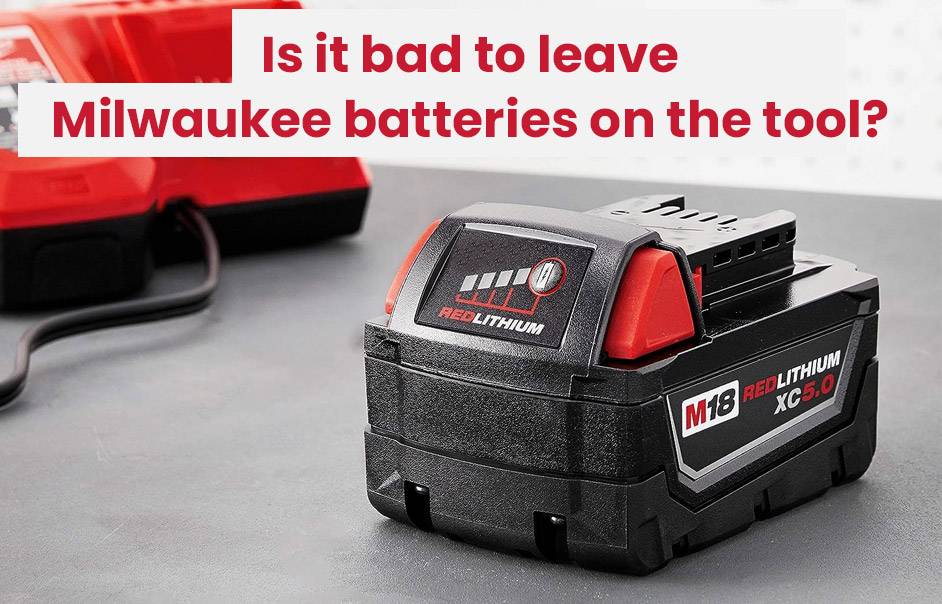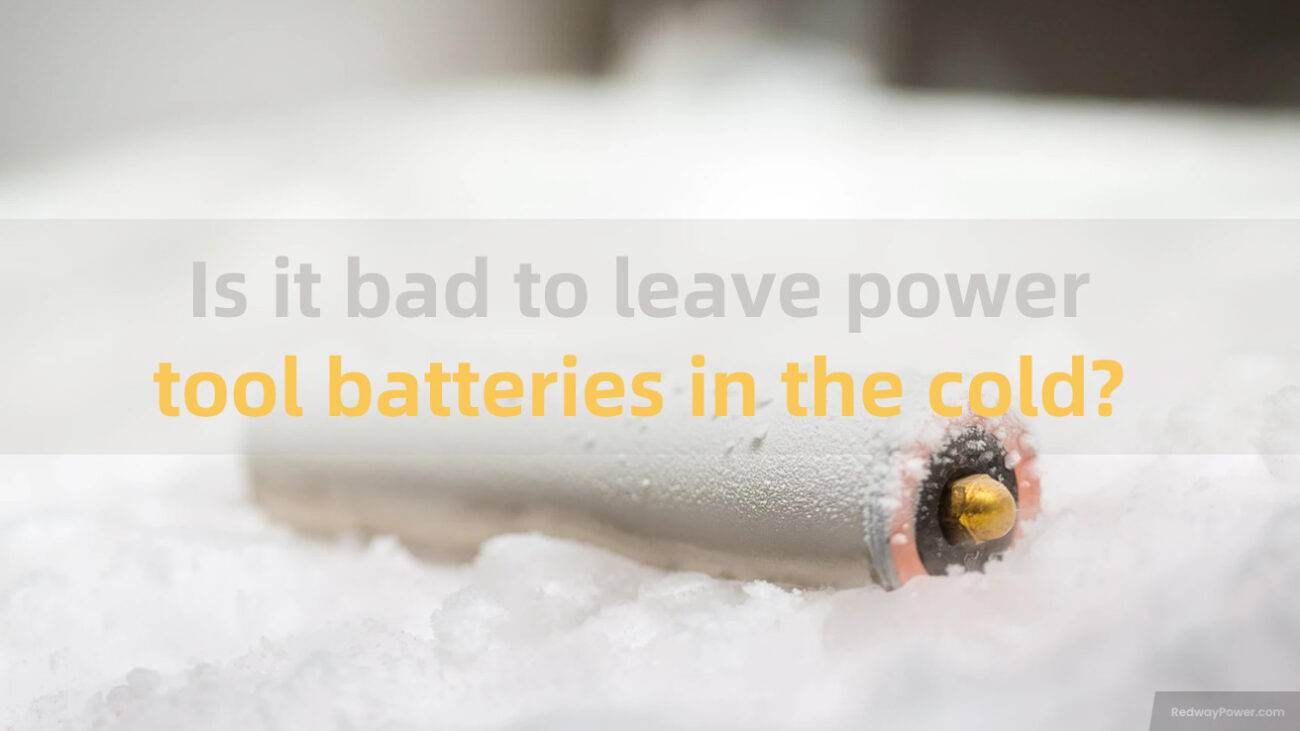- Forklift Lithium Battery
-
48V
- 48V 210Ah
- 48V 300Ah
- 48V 420Ah (949 x 349 x 569 mm)
- 48V 420Ah (950 x 421 x 450 mm)
- 48V 456Ah
- 48V 460Ah (830 x 630 x 590 mm)
- 48V 460Ah (950 x 421 x 450 mm)
- 48V 460Ah (800 x 630 x 600 mm)
- 48V 460Ah (820 x 660 x 470 mm)
- 48V 500Ah
- 48V 560Ah (810 x 630 x 600 mm)
- 48V 560Ah (950 x 592 x 450 mm)
- 48V 600Ah
- 48V 630Ah
-
48V
- Lithium Golf Cart Battery
- 12V Lithium Battery
12V 150Ah Lithium RV Battery
Bluetooth App | BCI Group 31
LiFePO4 Lithium
Discharge Temperature -20°C ~ 65°C
Fast Charger 14.6V 50A
Solar MPPT Charging - 24V Lithium Battery
- 36V Lithium Battery
- 48V Lithium Battery
-
48V LiFePO4 Battery
- 48V 50Ah
- 48V 50Ah (for Golf Carts)
- 48V 60Ah (8D)
- 48V 100Ah (8D)
- 48V 100Ah
- 48V 100Ah (Discharge 100A for Golf Carts)
- 48V 100Ah (Discharge 150A for Golf Carts)
- 48V 100Ah (Discharge 200A for Golf Carts)
- 48V 150Ah (for Golf Carts)
- 48V 160Ah (Discharge 100A for Golf Carts)
- 48V 160Ah (Discharge 160A for Golf Carts)
-
48V LiFePO4 Battery
- 60V Lithium Battery
-
60V LiFePO4 Battery
- 60V 20Ah
- 60V 30Ah
- 60V 50Ah
- 60V 50Ah (Small Size / Side Terminal)
- 60V 100Ah (for Electric Motocycle, Electric Scooter, LSV, AGV)
- 60V 100Ah (for Forklift, AGV, Electric Scooter, Sweeper)
- 60V 150Ah (E-Motocycle / E-Scooter / E-Tricycle / Tour LSV)
- 60V 200Ah (for Forklift, AGV, Electric Scooter, Sweeper)
-
60V LiFePO4 Battery
- 72V~96V Lithium Battery
- Rack-mounted Lithium Battery
- E-Bike Battery
- All-in-One Home-ESS
- Wall-mount Battery ESS
-
Home-ESS Lithium Battery PowerWall
- 24V 100Ah 2.4kWh PW24100-S PowerWall
- 48V 50Ah 2.4kWh PW4850-S PowerWall
- 48V 50Ah 2.56kWh PW5150-S PowerWall
- 48V 100Ah 5.12kWh PW51100-F PowerWall (IP65)
- 48V 100Ah 5.12kWh PW51100-S PowerWall
- 48V 100Ah 5.12kWh PW51100-H PowerWall
- 48V 200Ah 10kWh PW51200-H PowerWall
- 48V 300Ah 15kWh PW51300-H PowerWall
PowerWall 51.2V 100Ah LiFePO4 Lithium Battery
Highly popular in Asia and Eastern Europe.
CE Certification | Home-ESS -
Home-ESS Lithium Battery PowerWall
- Portable Power Stations
Is It Safe to Store Batteries in the House?


FAQs
What Ah from 6/12V 100Ah lithium series-parallel?
Is a current limiter needed between ACR and batteries?
Do wire lengths need to be the same in series/parallel?
How to calculate charge time at 25 Amps?
More FAQs
What is the ideal physical location for storing lithium batteries?
The ideal physical location for storing lithium batteries is one that prevents natural overheating and discharge. It is recommended to avoid placing the batteries directly on the ground, floor, desk, or table. Instead, it is best to store them on a rack that has holes or slats on the shelves to allow exposure on all sides. However, metal wire racks should be avoided to prevent short-circuiting. Opt for commercial battery racks designed to store battery packs safely. Additionally, keep lithium batteries away from flammable materials such as carpets, curtains, or wood. It is important to have a fully charged fire extinguisher in the same room as the lithium battery packs as an added safety measure.
Why is proper ventilation recommended when storing lithium batteries?
Proper ventilation is recommended when storing lithium batteries to ensure the environment surrounding the batteries is conducive to their optimal performance and safety. Adequate airflow helps prevent the build-up of particulates in the air, reducing the risk of potential hazards. Additionally, maintaining proper ventilation can help regulate temperatures around the batteries, preventing excessive heat accumulation that could lead to damage or malfunction. Overall, ensuring proper ventilation in the storage area helps to maintain a fresh and safe environment for the lithium batteries, thus prolonging their lifespan and minimizing associated risks.
How does humidity impact the storage of lithium batteries?
Humidity can have a significant impact on the storage of lithium batteries. It is important to avoid exposing batteries to excess moisture, as this can lead to various issues. While lithium batteries are designed with structures that minimize the intrusion of moisture, it is still advisable to store them in a dry environment with low humidity levels. High humidity can potentially degrade the performance and lifespan of lithium batteries, impacting their overall efficiency. To prevent moisture-related damage, individuals living in areas with high humidity are encouraged to utilize dehumidifiers or desiccant buckets in the storage area, helping to maintain the optimal conditions for the batteries.
What is the recommended battery capacity for long-term storage of lithium batteries?
For long-term storage of lithium batteries, it is recommended to charge the battery to approximately 60 to 80 percent capacity. This optimal range helps maintain the battery’s health during extended storage periods. Additionally, it is important to keep in mind that lithium batteries self-discharge over time. To effectively manage the storage of lithium batteries, it is beneficial to keep a written record of when the batteries were put into storage or last charged. This practice can assist in ensuring the batteries are well-maintained and ready for use when needed, enhancing their longevity and performance.
How can an organized system benefit the storage of multiple lithium batteries?
In short, batteries are indispensable, enhancing productivity, providing backup power, and contributing to the convenience of modern life. Properly storing household batteries is vital for safety and optimal performance. Here are concise guidelines to follow: Cool and Dry Storage: Keep batteries in a cool, dry place away from direct sunlight or heat sources to prevent lifespan shortening, leakage, or potential explosions. Upright Storage: Store batteries upright to avoid accidental terminal contact, reducing the risk of discharge or corrosion over time. Separate by Type: Store alkaline, lithium-ion, and rechargeable batteries separately to prevent chemical reactions and ensure proper storage for each type. Avoid Loose Storage: Prevent short circuits by avoiding loose storage, which may lead to overheating or acid leakage if batteries come into contact with metal objects. Use Protective Cases: Consider using battery storage cases to protect against physical damage and keep terminals insulated for added safety. Check Expiration Dates: Dispose of old or expired batteries properly according to local regulations instead of storing them indefinitely.
For an even more organized approach when storing multiple lithium batteries, it is beneficial to separate them by type and sort them from oldest to newest. Keeping written records of each battery, including details such as its age, last charge cycle, and other relevant information, can streamline the process when it comes time to retrieve them from storage. By following these additional steps, you can ensure a systematic and efficient storage system for your lithium batteries.
Why is limiting exposure to light important for lithium battery storage?
Properly storing household batteries is vital for safety and optimal performance. Here are concise guidelines to follow for lithium battery storage: Cool and Dry Storage: Keep batteries in a cool, dry place away from direct sunlight or heat sources to prevent lifespan shortening, leakage, or potential explosions. Exposure to light, especially natural sunlight, may cause cosmetic damage and temperature changes that can negatively impact the inner workings of your batteries. Therefore, it is crucial to limit exposure to harsh or overly direct sunlight by storing your batteries in a cooler, covered area. Taking these precautions will help reduce the risk of any long-term issues and ensure the longevity of your lithium batteries.
















